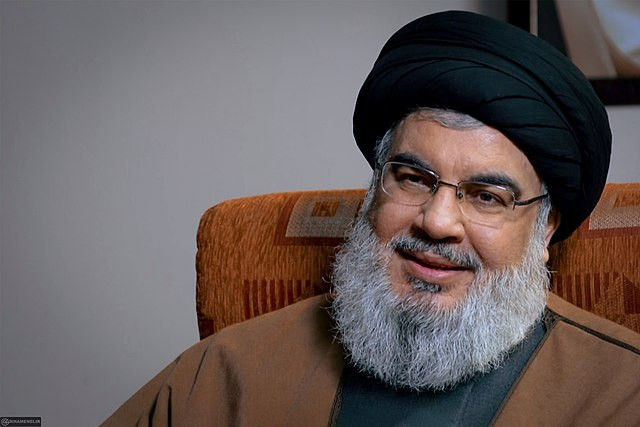Israel's ongoing conflict with Hezbollah escalated dramatically when the Israel Defense Forces (IDF) launched a targeted strike aimed at the group's leader, Hassan Nasrallah, in Beirut. The strike, which took place on Friday, targeted Hezbollah's central headquarters, a site known to be heavily shielded beneath residential areas. While the extent of the damage was significant, reports suggest that Nasrallah survived the attack, though the Israeli military has not confirmed his status.
IDF spokesperson Daniel Hagari addressed the public following the operation, stating that the attack was a direct response to Hezbollah's continued aggression against Israel. "Hezbollah's central headquarters was intentionally built under residential buildings in Beirut," Hagari explained, emphasizing the militant group's use of Lebanese civilians as human shields. "The building targeted served as the epicenter of Hezbollah's terror activities." The IDF's precision strike underscores Israel's broader strategy to neutralize Hezbollah's leadership and military infrastructure, even as Hezbollah embeds itself within civilian populations.
Defense Minister Yoav Gallant monitored the operation from the Israeli Air Force command center, joined by senior military officials, including IDF Chief of Staff Herzi Halevi. Prime Minister Benjamin Netanyahu, who had been in New York attending the United Nations General Assembly, cut short his trip following the strike. Netanyahu approved the operation while still in the U.S., coordinating closely with defense leaders before the strike.
Following the attack, reports emerged that Lebanon dispatched ambulances to the site, underscoring the significant damage caused by the strike. However, a source close to Hezbollah and Iran's Tasnim News Agency later reported that Nasrallah was alive, adding confusion to the outcome of the attack.
The broader context of this strike is Israel's ongoing military campaign against Hezbollah, which has launched numerous rocket attacks into Israeli territory over the past year. Netanyahu, in his UN speech, framed Hezbollah as a primary threat, urging Lebanon not to let the militant group drag the country "into the abyss." He added, "We're not at war with you. We're at war with Hezbollah, which has hijacked your country and threatens to destroy ours."
In the aftermath of the strike, the U.S. issued a statement confirming it had no prior knowledge of the Israeli operation. President Joe Biden told reporters, "We're gathering more information," while the Pentagon also confirmed that Defense Secretary Lloyd Austin was briefed only as the attack was underway. Hezbollah, unsurprisingly, condemned the strike, with the Iranian embassy in Beirut calling it "a bloody massacre" and a "serious escalation."
As the IDF continues its offensive against Hezbollah strongholds, including earlier strikes that have killed senior commanders, the situation remains highly volatile. Southern Beirut, a known Hezbollah stronghold, has been subjected to successive airstrikes, with widespread destruction reported. The latest strike comes on the heels of growing fears of a broader ground invasion, as Israel aims to dismantle Hezbollah's military capabilities.
France, which has called for restraint, reacted strongly to the civilian toll in Lebanon, with President Emmanuel Macron labeling the number of victims as "absolutely shocking." He urged both Israel and Hezbollah to stop their attacks, calling for a cease-fire, a suggestion that Netanyahu has resisted. Macron vowed to continue discussions with U.S. officials and other global partners to push for a diplomatic resolution to the escalating conflict.
Lebanese officials have also raised concerns about the potential for a ground invasion. Speaking at the UN, Lebanese Foreign Minister Abdallah Bou Habib renewed calls for an immediate cease-fire, warning that Israel's actions could further destabilize the region. With more than 118,000 people displaced in Lebanon and heavy airstrikes continuing, the humanitarian toll is rising rapidly.




